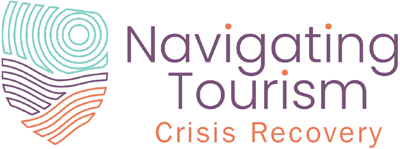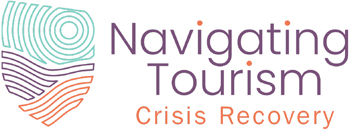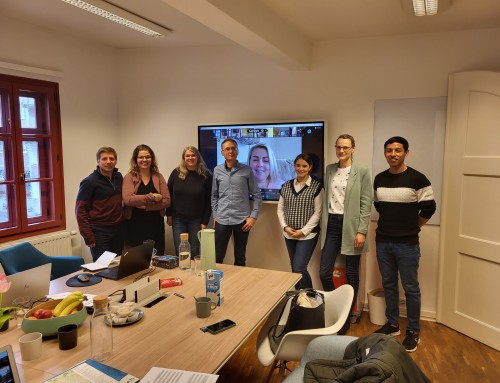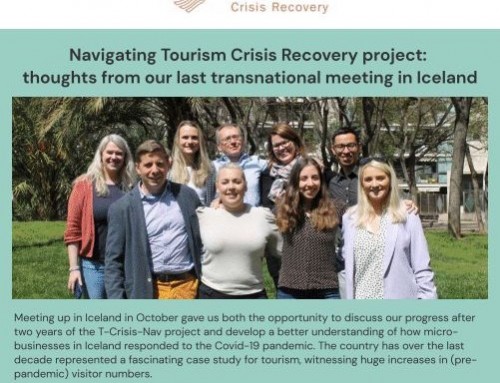How COVID-19 is affecting employees in the tourism industry
Barcelona is a city that heavily depends on tourism for economic revenue. The COVID-19 pandemic brought European tourism to a sudden halt, and the tourism sector is seeing unprecedented losses.
María Cecilia Lupis is a reception manager at a hotel in Barcelona. Her hotel was forced to close from pandemic losses. Like many other hotels in the Barcelona area, it is uncertain when it will reopen to the public.
“There is a great degradation of the buildings themselves and there is a risk of economic losses,” Lupis said. “They need direct subsidies in order to maintain the structures, and we don’t have that right now.”
According to the Government of Catalonia, tourism accounts for nearly 12% of all GDP economic revenue in Catalonia. Barcelona is one of the most visited cities by tourists around the world. In 2019, Barcelona and Catalonia received more than 19 million foreign tourists.
“I think that Barcelona has been totally affected because we are a city that depends 100 percent on tourism,” Lupis said. “The ratio of economic return to tourism income is completely disproportionate.”
Going from 19 million tourists in 2019 to a global lockdown with severely limited movement in 2020 was a shock for many businesses. During Spain’s initial lockdown, thousands of tourism sector employees were laid off or had their hours reduced from a lack of work. Some businesses now feel like the aid they need to enter the summer tourism season is not being provided by the government.
“I particularly believe that current legislation and political actions are deficient,” Lupis said. “Direct subsidies for me and for my business were necessary, they are still necessary, and I think that the state did not do enough.”
July marks the 16th month of the COVID-19 pandemic. The last year and a half has brought on many challenges as well as constant changes. Local and federal health guidelines are constantly changing and no concrete plan has been given to tourism businesses about the future.
“It has been extremely difficult because the problem is we don’t know what the next move is,” Lupis said. “For example, the hotels had to make a change to the check in process where we add screens to have distance, sanitizing gel and masks. Then after two months, after the changes were made, the hotels were not allowed to open.”
FUNIBER is working in collaboration with multiple international partners on a new project funded by the European Union. T-CRISIS-NAV is a project that focuses on rebuilding the tourism sector after the COVID-19 pandemic. It provides businesses and enterprises with the skills and resources needed to navigate future crises. According to Lupis, there is not a current project or plan that would provide businesses with post pandemic management tools.
“There is no plan of action designed for a possible crisis, there is no current approach,” Lupis said. “I think that approaches to action plans, training and education in the field of crises should be the multidisciplinary teams that present action protocols together.”
T-CRISIS-NAV’s partners are FUNIBER in Barcelona, the University of the Highlands and Islands in the United Kingdom, Momentum Marketing Services Limited in Ireland, GmbH in Germany, European E-learning Institute in Denmark and Haskolinn a Akureyri in Iceland. By working together, the partners will provide tourism SME’s with analyzing tools to assist with post pandemic management, professionalize tourism enterprise networks and implement tourism crisis management in higher education institutions. The ultimate goal of the project is to help businesses in future crises after COVID-19.
“There is a large urgency for the industry to make sure that if a crisis like this does happen again, we have the time and the tools to solve it efficiently,” Lupis said.





